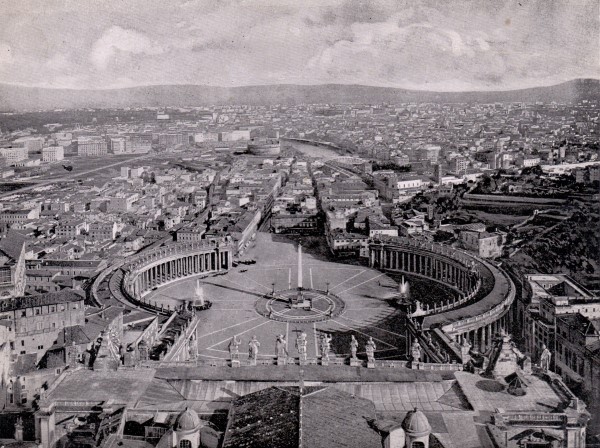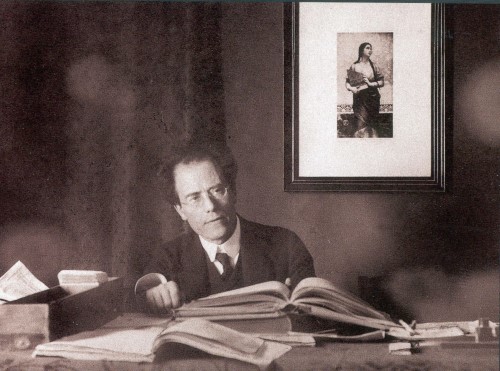Rome’s history spans more than 2,500 years. While Roman mythology dates the founding of Rome at around 753 BC, the site has been inhabited for much longer, making it one of the oldest continuously occupied sites in Europe. The city’s early population originated from a mix of Latins, Etruscans and Sabines. Eventually, the city successively became the capital of the Roman Kingdom, the Roman Republic and the Roman Empire, and is regarded as one of the birthplaces of Western civilisation and by some as the first ever metropolis.
It was first called The Eternal City (Latin: Urbs Aeterna; Italian: La Città Eterna) by the Roman poet Tibullus in the 1st century BC, and the expression was also taken up by Ovid, Virgil, and Livy. Rome is also called the “Caput Mundi” (Capital of the World).
In 1849 another Roman Republic arose within the framework of the revolutions of 1848. Two of the most influential figures of the Italian unification, Giuseppe Mazzini and Giuseppe Garibaldi, fought for the short-lived republic.
Rome then became the focus of hopes of Italian reunification, as the rest of Italy was reunited as the Kingdom of Italy, with a temporary capital at Florence. In 1861 Rome was declared capital of Italy even though it was still under the Pope’s control. During the 1860s, the last vestiges of the Papal States were under French protection, thanks to the foreign policy of Napoleon III.
It was only when this was lifted in 1870, owing to the outbreak of the Franco-Prussian War, that Italian troops were able to capture Rome entering the city through a breach near Porta Pia. Afterwards, Pope Pius IX declared himself as prisoner in the Vatican, and in 1871 the capital of Italy was finally moved from Florence to Rome.
Rome is an important centre for music, and it has an intense musical scene, including several prestigious music conservatories and theatres. It hosts the Accademia Nazionale di Santa Cecilia (founded in 1585), for which new concert halls have been built in the new Parco della Musica, one of the largest musical venues in the world. Rome also has an opera house, the Teatro dell’Opera di Roma, as well as several minor musical institutions.
Rome has also had a major impact in music history. The Roman School was a group of composers of predominantly church music, which were active in the city during the 16th and 17th centuries, therefore spanning the late Renaissance and early Baroque eras. The term also refers to the music they produced. Many of the composers had a direct connection to the Vatican and the papal chapel, though they worked at several churches; stylistically they are often contrasted with the Venetian School of composers, a concurrent movement which was much more progressive.
By far the most famous composer of the Roman School is Giovanni Pierluigi da Palestrina, whose name has been associated for four hundred years with smooth, clear, polyphonic perfection. However, there were other composers working in Rome, and in a variety of styles and forms.



